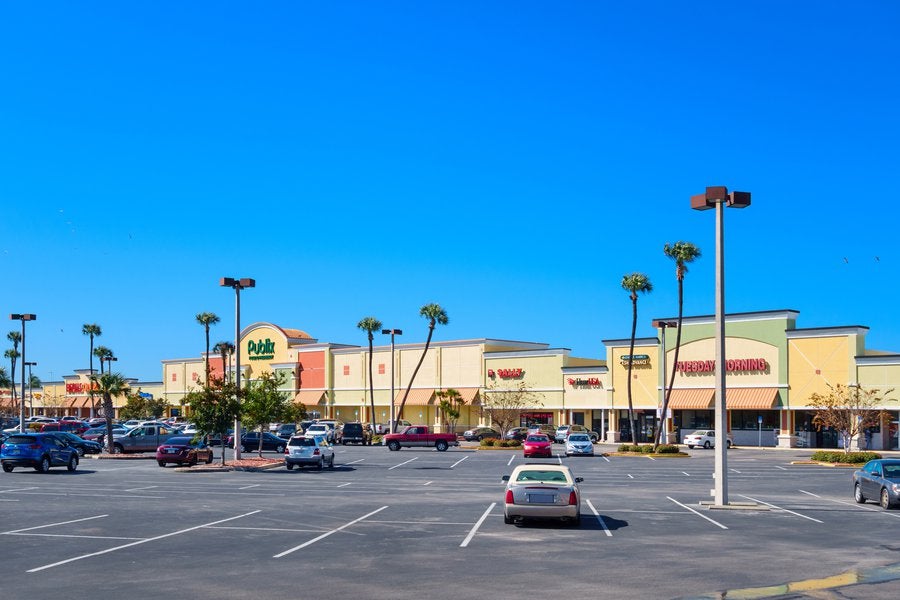As far as retail real estate investment trusts (REITs) go, Tanger Factory Outlet Centers (NYSE: SKT) has weathered the COVID-19 pandemic pretty well. Despite its properties being largely shut down for part of 2020 and several key tenants going bankrupt, Tanger was quite profitable for the year, earning enough money to feel comfortable resuming dividend payments in 2021. And the company recently reported that customer traffic in its properties in January was virtually unchanged from comparable pre-pandemic levels.
However, one thing we haven’t seen Tanger do in a long time is grow. The company has certainly talked about the massive growth potential of the relatively small outlet shopping industry, and it had been considering a new development before the pandemic hit, but it hasn’t pulled the trigger on any expansion of its portfolio in a while. In fact, in recent years the company’s portfolio has become smaller, thanks to the sale of four non-core properties in 2019.
Here’s why Tanger could be getting set to grow
On Wednesday, March 24, Tanger filed paperwork with the SEC establishing an ATM (at-the-market) equity offering program. In simple terms, an ATM program means that a company can choose to sell new shares of stock on the open market at any time it chooses to do so and at the prevailing market price.
Tanger’s ATM program allows it to sell shares on the market up to an aggregate gross sale price of $250 million. And while this may not sound like a huge amount of money in the modern age of trillion-dollar corporations, it is a significant amount of money to Tanger, which has a market cap of just $1.5 billion.
To be clear, we don’t know when and if Tanger is actually going to decide to sell any shares under this program. All this does is allow Tanger to do so if it chooses.
In the prospectus it filed, Tanger says that it intends to use the proceeds “for general corporate purposes, which may include repaying or repurchasing indebtedness (including amounts outstanding from time to time under our lines of credit, senior notes, term loan or future credit facilities), making additional investments in properties and providing working capital.”
Now, Tanger doesn’t have an exceptionally high debt load. It currently has about $1.57 billion of total debt at an average interest rate of 3.6%, plus $1.74 billion if you consider Tanger’s share of joint venture debt. This is certainly on the higher end but isn’t unusually high for a REIT of this size. But I wouldn’t be shocked to see the company use some proceeds of stock sales to pay down its debt.
That said, the most common reason REITs sell new shares under ATM programs is to raise capital to grow their property portfolios or to expand or add value to their existing properties. And that’s what I think Tanger most likely has in mind.
The Millionacres bottom line
If there’s one thing the pandemic has shown us about Tanger and the outlet industry in general is that it’s a resilient and essential part of the overall retail landscape, even with the growth in e-commerce in recent years. With customer traffic nearly unchanged from pre-pandemic levels thus far in 2021 despite the pandemic, retailers are likely to take notice.
Not only that, but the outlet industry is relatively small, unlike traditional shopping malls. There are many high-potential markets that don’t have any high-quality outlet malls yet, so there could be plenty of opportunities to expand. And it looks like Tanger could be getting ready to do just that.


